How I averted claustrophobia during an MRI exam. Mindfulness skills saved the day!
Posted on June 19, 2012 by Debra Burdick
Share the post "How I averted claustrophobia during an MRI exam. Mindfulness skills saved the day!"
The first time I ever experienced claustrophobia took me by surprise. My doctor sent me for an MRI many years ago to find out why my jaw hurt. I didn’t know what to expect but I had no reason to worry about the small confines of an MRI machine because I had never experienced any signs of claustrophobia. When the MRI technician positioned me on the table and then slid me backwards all the way into the ‘tube’ I suddenly wanted to flail my arms and get out of there as fast as possible. My heart pounded and I felt panicky for the first time in my life.
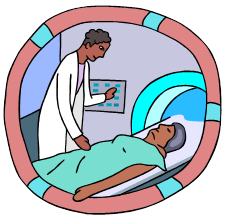 Thankfully the technician slid me right back out of the machine. He then asked if I needed medication to relax. I said ‘no, I think I can do this’. I then stared doing some relaxation breathing and centered myself and prepared for going back inside that ‘tube’. This time I was able to keep myself calm and was able to complete the MRI test with no further panic.
Thankfully the technician slid me right back out of the machine. He then asked if I needed medication to relax. I said ‘no, I think I can do this’. I then stared doing some relaxation breathing and centered myself and prepared for going back inside that ‘tube’. This time I was able to keep myself calm and was able to complete the MRI test with no further panic.
Over the years I have had a number of MRI tests, many of which did not require me to go in head first nor to slide all the way in. Some did require this but I never had further trouble with claustrophobia – until yesterday.
Yesterday my doctor sent me for an MRI to find out why my shoulder hurts. I was not aware of any worry about the test. I laid down and the technician handed me a bulb to squeeze if I was having any trouble.
As soon as he started to slide me into the tube and I saw the ceiling of the tube a few inches above my face my stomach lurched. Whoa! I hadn’t felt that way in years. I became aware that my heart was pounding and was beating way too fast. My mouth and throat went dry. I immediately realized I needed to calm myself down or I would need to get out of there fast.
I quickly started to use a breathing technique to calm myself down that I have taught hundreds of clients and students over the years.Here’s what I did. First, I closed my eyes and took a deep belly breath in through my nose to the count of four and then exhaled slowly through my mouth with pursed lips to the count of eight. Then I did this breath again. I could still feel my heart pounding but I already felt less anxious and my stomach started to feel better.
Then I allowed myself to breathe normally while observing the feeling of the breath. I started counting each time I exhaled. When I had counted four breaths I held one finger out and counted that as one set of four. I continued counting another four exhales and held out a second finger thereby counting a second set of four. I continued to do this for several minutes.
 Every time my attention wandered from breathing and started to focus on the fact that I was in that ‘tube’, I accepted the thought, dismissed it, and returned my attention to counting my exhales. I noticed that my heart rate slowed down to a more normal pace and my heart stopped pounding. My shoulders, my face, and my legs began to relax. There was moisture in my mouth again. I began to feel a sense of comfort and instead of feeling confined in a tiny space I felt like I was snuggled into a safe cocoon.
Every time my attention wandered from breathing and started to focus on the fact that I was in that ‘tube’, I accepted the thought, dismissed it, and returned my attention to counting my exhales. I noticed that my heart rate slowed down to a more normal pace and my heart stopped pounding. My shoulders, my face, and my legs began to relax. There was moisture in my mouth again. I began to feel a sense of comfort and instead of feeling confined in a tiny space I felt like I was snuggled into a safe cocoon.
As the noises of the MRI test bombarded me with clicking, tapping, whirring and popping sounds I noticed them but returned by attention to counting my breaths. I was able to float through the rest of the test and slowly became drowsy and drifted in and out of sleep.
Of course, as soon as I knew I needed to lie still, my nose started to itch. When I noticed the itch I acknowledged it and then just observed it while I continued to count my exhales. Slowly the itch subsided. Another spot started itching. Again, I observed it and returned my focus to counting my breaths. Again the itching subsided. I eventually realized than nothing was itching at all and I felt comfortable and relaxed.
Although I have been teaching and using these breathing techniques as part of a mindfulness practice for years, it was so comforting to see how effective they were for me when I used them for a very practical application. I also realize that they worked so easily and effortlessly for me partly because I had practiced them when I wasn’t experiencing any panic or claustrophobia.
Try these breathing techniques I used for yourself. Research shows us that practicing these kinds of mindfulness skills improve our physical, emotional, and spiritual health. And they might just make your next MRI experience a whole lot easier!
Check out the meditations on the Mindfulness Toolkit CD/mp3 to help you practice the relaxation breath and other mindfulness skills that will help you relax and stay calm.
I would love to hear your personal experiences with this topic.
Categories: Articles, Mindfulness, Sleep

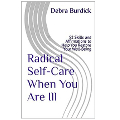
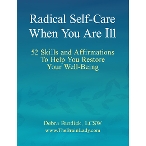
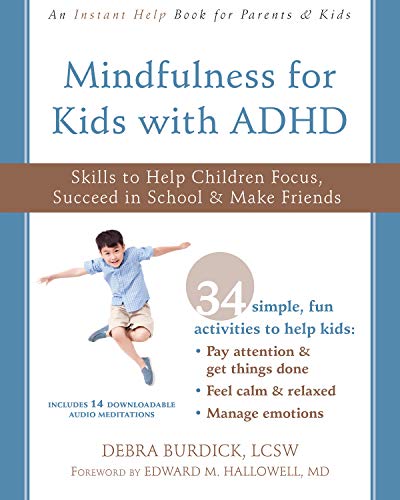
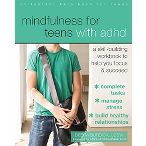
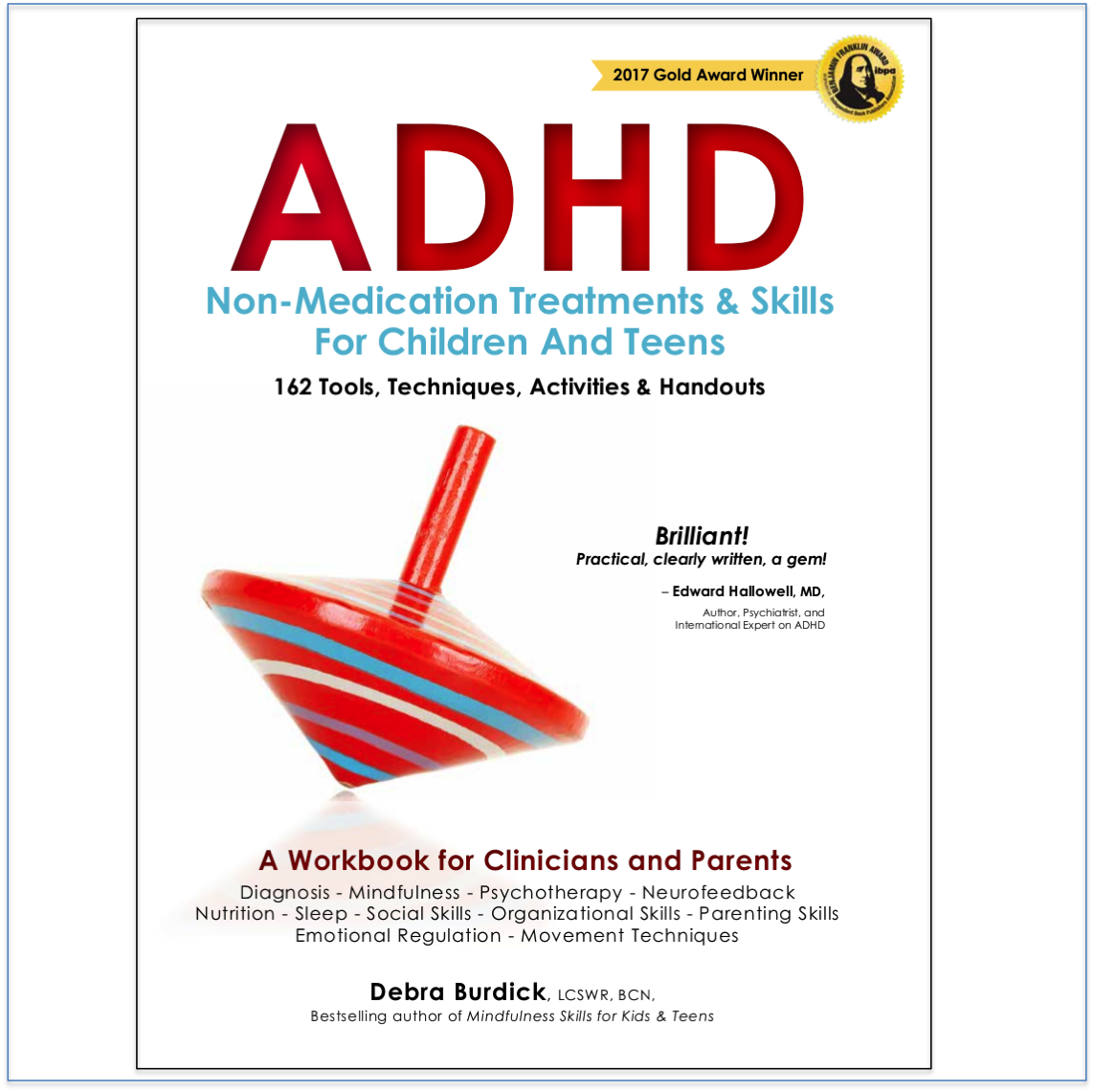
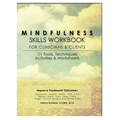
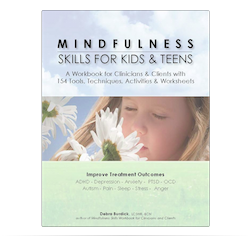
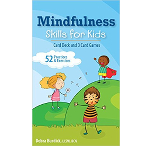
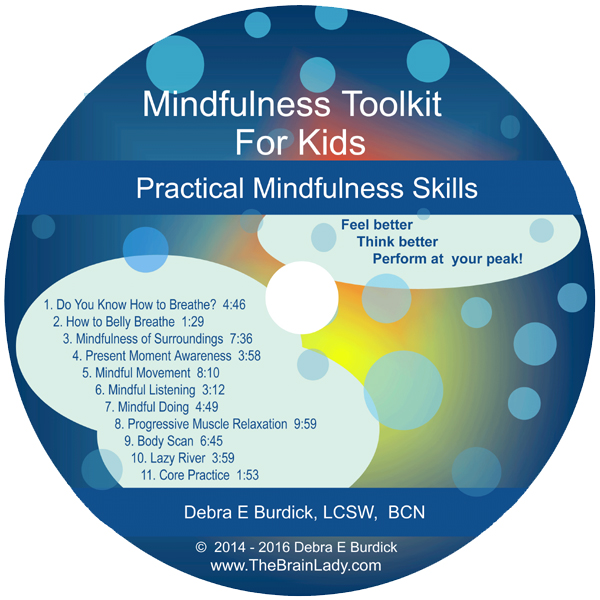
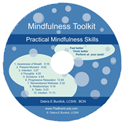
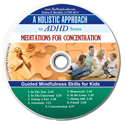
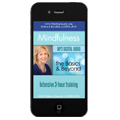
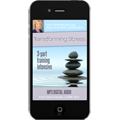
17 comments
You don’t need to suppress your entiree body in order to end stress and excess thinking. Here are the real and healthy cures:For stress, just stop resisting what is happening.No matter what your life is like, you can accept it and be stress-free.Excess thinking is mostly a result of resisting life.So you see, saying YES instead of NO to life would solve your etirne situation.I could tell you other ways to silence the mind, but embracing what is . will work.
This is the exact reaction I had to my shoulder MRI today – I’ve never had issues before with MRIs, but apparently the machine today was a “small bore” version that felt more like being shunted into an active torpedo tube than anything.
I didn’t plan on using any meditation techniques (the music is usually enough for me) but the machine compressed my shoulders a little and I had some respiratory congestion from a cold, which added up to a sudden feeling I wasn’t getting enough air. I started going through very deliberate mindfulness meditation, focusing on counting breaths and monitoring internal breathing reactions, and experienced just what you did: the constriction feeling turned into something nice rather than something terrifying, and I was able to accept panic-inducing thoughts and then just let them go by without reaction.
Unbelievably useful, and I made it through the entire test without freaking out.
Hi Miranda,
I’m so glad to hear you were able to use mindfulness to transform your MRI experience. Isn’t it great to know how to use these skills whenever and wherever we need them?
Warmly,
Deb
I like that you suggested using a breath technique to calm yourself down. My wife will need to go in for an MRI soon, and she can get pretty claustrophobic. I can see how slowing your breath down, can help activate your parasympathetic nervous system, and help you relax.
Hi Scott,
Focusing on the breath distracts you from the MRI sounds and close quarters. Exhaling slowly will calm. It works so well for me that I never worry about having an MRI. I have actually fallen asleep in there. Best wishes to your wife.
Just got out of MRI for low back! Used washcloth over face, headphones with old rock music sic and xanax. The best was the breathing technique I learned reading Burdick’s technique of counting four breaths per finger. Got to twelve sets. I was in about 18 minutes. They also had cool air blowing through.
I was able to stay absolutely still. The tech said, “perfect pictures.”
The breathing kept me focused on counting. I would count each finger separately — naming the set, then the finger, then the Brest. So five-ring-three indicates II am on the fifth set of the ring finger, this breath.
I actually felt safe and cozy. Disappointed I could not stay in for another set.
Great advice. I am naturally claustrophobic. This worked great!! Perfect MRI films. Thanks for the tip. I read it minutes before I went in.
So glad you found the breathing technique helpful. I also experienced that “safe and cozy” feeling and actually started to fall asleep.
Warmly,
Deb
Hi,I am a senior high school student. just want to ask, what can you suggest for mri’s innovation? for people who have claustrophobic. Thanks, hope for your response. Have a good day!
My suggestion is to use the breathing meditation technique described in this article.
Warmly,
Deb
Hi, I am due for an mri scan and I am already freaking out about it, the doctor plans to sedate me, however I don’t know if that will work. What should I do about breathing techniques if my nose is blocked and I feel I can’t breathe out of it?
Hi David, If your nose is blocked, simply breathe through your nose instead. Just be sure to breathe slowly and breathe out at least twice as long as you breathe in.
Warmly,
Deb
Hey!
I am currently in hospital and have been admitted due to 2 lesions showing on a CT scan of my brain. This morning I was sent for an MRI but due to my claustrophobia, I couldn’t continue with it. I felt so low and such a failure. The panic attack was very extreme. I am an ex-swimmer with broad shoulders, and now carrying a little (too much) excess weight, and with this MRI scanner having a small bore, it is a very tight fit for me. I have been told that I must try again in the morning and I am already panicked by the thought of trying again. I am due to be sedated with Diazepam. However, I’ve just read this article and I am determined to try and focus on the breathing technique suggested to make sure they get the images of my brain they need so I can be treated.. Thank you.
Hi Craig, You can do this. Just breathe out twice as long as you breathe in which will calm you. Perhaps with eyes closed you can imagine you are floating on you back while you focus on your breath. The water can be very soothing and since you are a swimmer maybe that would help.
Best wishes.
Deb
Just got home from an MRI. Initially they found an anomaly in my left eye – perhaps metal from years of welding and grinding steel. I did a second ocular scan which cleared me for an MRI. I was worried about having my eye scrambled, but luckily they found it was an artifact of the xray, not metal. Still, I worried about my eye and other parts of my body having metal dust or residue in them. Apparently metal filings are fine.
I had no idea what to expect when I arrived. They had me put on two gowns. The MRI room was frigid cold and they had me lay down and put some coils on me. They rolled me into this noisy contraption and I immediately thought about being buried alive in a coffin.
Exactly as the author pointed out… my nose started to itch too. The space was confining, I suddenly thought I couldn’t breathe enough and I wanted out. I had to relax I said. Suddenly my body wanted to sneeze or cough, and sit up. I envisioned myself banging away and they wouldn’t let me out. I felt panicy. I thought for sure I’d have to sit up and sneeze. I practiced breathing through my nose or mouth, or both… just to see what worked the best. Meanwhile the machine starts making jackhammer noises and my vein on my arm keeps twitching. I start exhaling upwards toward my nose to try and stop the itching. It doesn’t help. I focus on the vein in my arm that is twitching, then think about the itch I have on my leg. I pray that I won’t sneeze. The thumping, creaking, groaning and jackhammer noises keep on like a funeral dirge. I think about the coffin and clawing my way out. Believe it or not today is Halloween Night and I’m in the worst predicament… just like the worst horror movie. I feel like I can taste metal in my mouth. I rotate between practicing breathing, closing my eyes, praying that the lady will pull me out of here before I die, and regretting coming to the hospital for this. The jackhammer continues.
Thankfully I controlled myself this way for the next hour. But I realized that anyone could freak out in one of these (they really don’t warn you what to expect). When the lady finally let me out, I said Thank you for letting me out. I asked her if anyone ever freaked out in there and she said “So many do” we send them to their doctor for a sedative.
You might try the sedative. I got the hell out of there on Halloween night and felt totally creeped out by the MRI coffin.
Hi Bryan,
Yes, an MRI can be very anxiety provoking. It turns out that when we take a deep breath and let it out very slowly we calm our mind and body. Focusing on the exhale is the key. Blow out gently like blowing a huge bubble for at least twice as long as you breathe in.
Warmly,
Deb
I had two MRI done at the end of january 2019 and i was so scared but my GP prescribed a transquillizer. Also I covered my eyes so I couldnt see anything but was focusing on the sounds and the breathing. I was so relieved when it was over that my husband took me out for a good supper to celebrate. I JUST WANTED TO REASSURE EVERYONE WHO HAS TO HAVE THIS PROCEDURE DONE THAT IT IS NOT AS BAD AS EVERYONE SAYS
Hi Lina,
I so glad you got through the MRI feeling it wasn’t as bad as people say. Sounds like you were able to use relaxation breathing, awareness of breath and mindfulness of sound to stay calm.
Warmly,
Deb
The comments are closed.